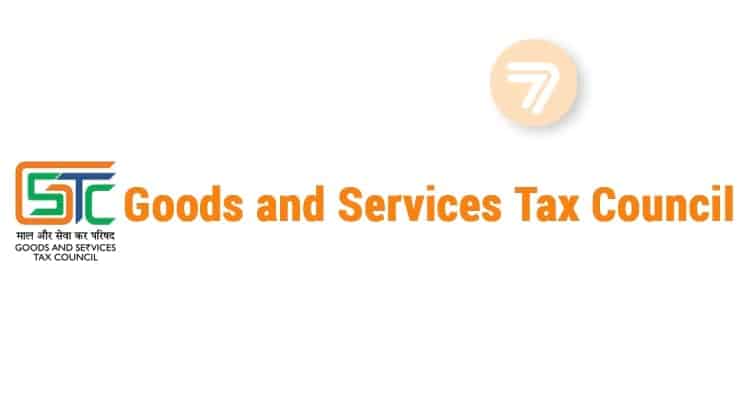The Upcoming 50th GST Council: This is What to Look Out For
27 Jun 2023
The Homegrown Online Gaming Industry Might Get a Future on July 11
The 50th GST Council meeting has been scheduled to be held in Delhi on July 11, and it is expected that the long-awaited issue of how to treat online games will be taken up for discussion. If the council decides on the matter, India’s gaming business will finally get to know if it will be a tailwind or a deathtrap.
The latest industry report on the online gaming market in India (the e4m-GroupM ESP Report 2023) estimates the size of the homegrown industry at ₹20,800 crore ($2.6 billion) as of FY 2022 and expects it to grow by a CAGR (compound annual growth rate) of 27% and reach a size of ₹68,800 crores ($8.6 billion) by FY 2027.
At the same time, the Union Government is advancing to regulate the national online gaming market in a way that will protect the users and ensure an enabling environment for the business.
The government’s efforts are backed up by industry bodies like the All India Gaming Federation (AIGF) and the E-Gaming Federation (EGF), as well as individual gaming companies, who are already working to incorporate the online gaming Self-Regulatory Organizations (SROs) prescribed by the latest amendments to the IT Rules.
Nevertheless, the online gaming businesses in India are still worried that they might be denied a future if the government fails to come up with the right taxation scheme for the burgeoning industry and stifles its growth or even threatens its very existence with over-taxation.
Should the Government Take 28% of Skill Gaming Prize Pools?
Prize pools in skill gaming contests are typically formed from the deposits paid by gamers who want to participate and are collected in a separate escrow account after deducting a small commission for the operator, now officially called a gaming intermediary.
The first report of the Group of Ministers (GoM) that was tasked in May 2021 to propose adjustments to the GST regime over casinos, horse racing, and online gaming recommended that the government should charge 28% GST over skill gaming prize pools.
Such a decision would equalize the indirect tax levy over games of skill with the regime over casinos.As well as lotteries, and turf clubs. Which pay 28% over the full value of bets or services. However, this report was returned by the GST Council to the GoM for further deliberation in June 2022, and the final resolution of the matter is still pending.
The existing practice for operators of online fantasy sports is to pay 18% GST over their commission. As well as for other games considered to be of skill. Also known as Gross Gaming Revenue (GGR).
The Different Paths Ahead
This practice has brought trouble to several gaming businesses. Including Gameskraft Technologies. Who received a show cause notice for alleged GST evasion of more than 21,000 crores (2.52 billion). An amount comparable to the estimated annual size of the country’s entire online gaming market.
The High Court of Karnataka quashed the GST enforcement case observing that skill gaming prize pools are actionable claims not subject to GST levy.
The industry expressed hopes about the court´s decision. They would like it to act as a precedent for helping the GST council make the right decision,
As 28% GST over full entry fee values will raise the tax burden to online gaming companies by 1,100%. Breaking their existing business model.
According to a senior government official quoted earlier by the media. The GST Council will likely propose Indian legislation to include definitions of terms like online gaming. As well as casinos, and horse races to bring clarity and transparency to taxation.
“A clarification in the tax law will be enough. Definition is important for taxability. A distinction will have to be made for online gaming, games of chance and games of skill. It’s a very nuanced distinction. We need to lay down definitions properly for online gaming.” The anonymous source said and added, “It’s up to the GST Council. The stalemate has to break.”
3 Types of Games will be Banned, MoS for IT Says
The Minister of State for Skill Development, Entrepreneurship, Electronics and Information Technology is Rajeev Chandrasekhar. He recently tried to clarify which online games will not be allowed in the country.
“For the first time we have prepared a framework regarding online gaming. In that we will not allow 3 types of games in the country. Games that involve betting or can be harmful to the user and that involve a factor of addiction will be banned in the country,” he said.
However, the MoS for IT was unable to offer certain details. It is still unclear what criteria will be used. And the categories of games to be banned are rather broad.



